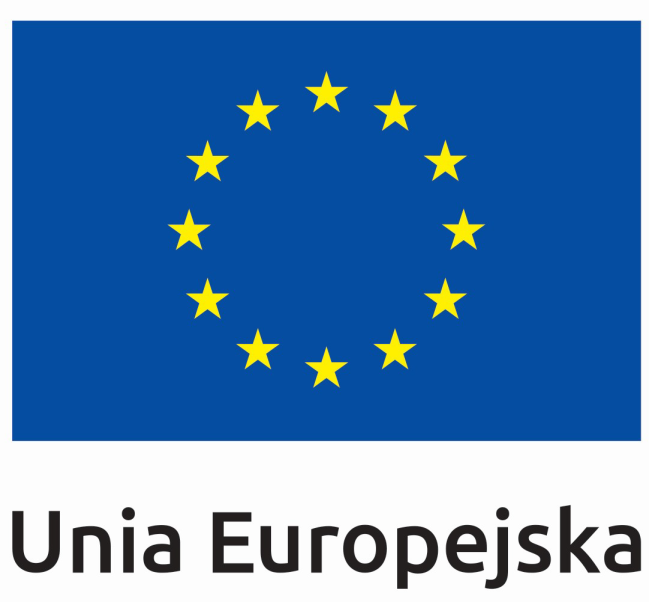For the past three years, Zebra Technologies has been conducting research on the implementation of intelligent business solutions. The research results conclude that thanks to investing in the IoT (Internet of Things) solutions, an increase in the number of enterprises considered truly ‘intelligent’ has been recorded. In our opinion, this is a rather descriptive’ observation, but we also admit that it is extremely difficult to measure ‘enterprise intelligence’.
The analysis of data contained in the Intelligent Enterprise Index survey shows that 61% of companies in the world implement intelligent solutions. The ‘smart enterprise’ indicator used shows a steady increase in the transition of enterprises from the analysis to the implementation phase. The survey in question was conducted among representatives of health services, transport, logistics and the retail sector. It was attended by 950 decision-makers in the IT field from nine countries, including the USA, Great Britain, France, Germany, Mexico, Brazil, China, India and Japan. The selection of respondents was not accidental. It was based on data obtained from the SME sector employing between 50 and 249 employees, showing revenues equal to or higher than USD 5 million.
The company survey used eleven indicators that were determined in 2016 by senior management and industry experts. They included: the IoT vision; business commitment; a partnership in technological solutions; new technology implementation plan; technology application; security and standards; the plan to fully implement the IoT concept; architecture; infrastructure; a plan for using the acquired data and data analysis.
Research has shown that increasingly more companies are involved in the implementation of projects related to IoT. This will result in an even larger increase in investment over the next few years. A steady increase in investment of IoT solutions and other data-based technology platforms has been observed. For comparison, in 2019 the average global expenditure of enterprises was at the USD 6,4 million level which meant an increase of 39% compared to last year. 86% of companies expect spending to increase over the next two years because the level of investment in their enterprises will increase from 21 to 50%.
77% of companies from the EMEA market expect an increase in investment in the IoT solutions and mobility within the next 2 years.
Key findings:
- An increase in the number of implementations of solutions based on valuable data;
- High-level security where increasingly more resources are delegated to constantly monitor data systems;
- Cooperation with a single partner who is an intelligent solutions supplier;
- Respondents from the SME sector achieve a higher intelligence rate compared to large corporations.
The findings are interesting, especially when compared with the business direction of global leaders such as Amazon, Alibaba or Zalando. In our opinion, it is very important to focus on creating efficient ecosystems in both large companies and the SMEs. This approach enforces the use of standards such as the EDI, master data centralisation and the GS1 standards for labels. Future development is certainly influenced by technological layering. The use of effective automatic identification solutions, IoT and consequently fast deliveries using drones, or automation and robotisation of processes (RPA – Robotic Process Automation) constitute a powerful potential to improve the efficiency of business processes and raise the level of overall service.
Familiarise yourself with the Zebra research:





